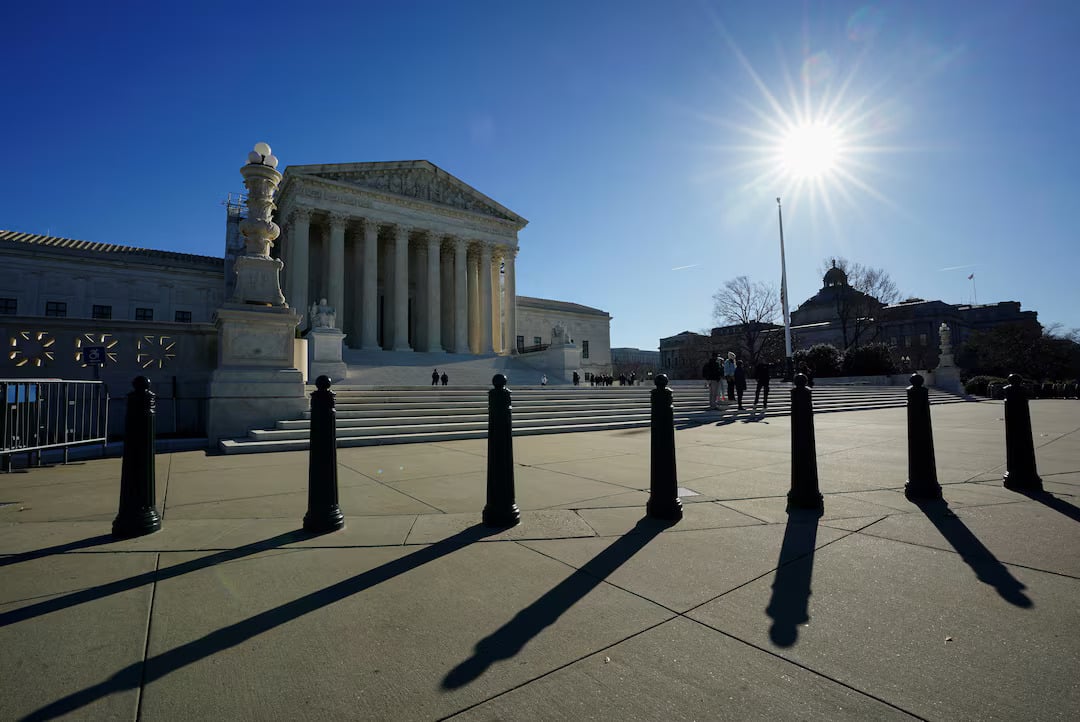In a unanimous decision on Friday, the U.S. Supreme Court extended a significant legal relief to truck drivers and other transport-related workers, allowing them to pursue employment-related lawsuits in court, bypassing the often-criticized route of private arbitration. With a solid 9-0 vote, the justices overturned a previous ruling by the 2nd U.S. Circuit Court of Appeals, supporting a broader interpretation of an exemption traditionally applied to the transportation sector.
The case centered on Neal Bissonnette, a delivery driver for LePage Bakeries Park Street, a company division that produces Wonder Bread, Flowers Foods. Bissonnette argued that his classification as an independent contractor rather than an employee led to a loss of wages. The Supreme Court’s decision criticized the 2022 decision by the 2nd U.S. Circuit Court of Appeals, which had excluded Bissonnette from the exemption because LePage’s customers were purchasing bread, not transportation services. “A transportation worker need not work in the transportation industry to fall within the exemption,” Chief Justice John Roberts clarified in the ruling.
This ruling poses a significant challenge for companies like Amazon and Walmart, which rely heavily on drivers to deliver products, yet do not label these services as transportation. These corporations, which often utilize arbitration to handle disputes individually—seen as quicker and more cost-effective—could now face more costly class action lawsuits. This decision comes when Amazon’s arbitration exemptions are under the Supreme Court’s scrutiny, further highlighting the legal battles over employment classifications and arbitration practices.
Friday’s decision by the Supreme Court marks a pivotal shift in how transportation workers can seek legal redress, broadening their rights to bypass arbitration in favor of court proceedings. This development impacts the involved parties and sets a precedent that could influence countless workers nationwide, potentially leading to increased accountability for companies in their treatment of workers. As noted by Chief Justice Roberts, the court’s prior rulings on arbitration scope are clear and intended to protect a specific class of workers involved in interstate commerce, thereby supporting fairness and legal clarity in employment practices.






















